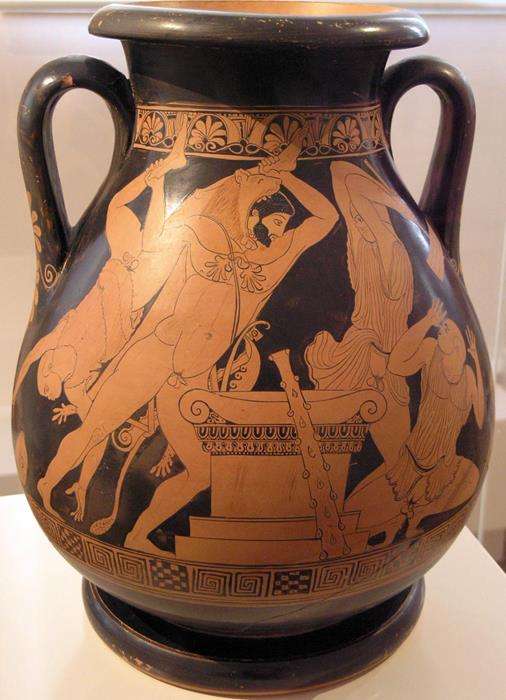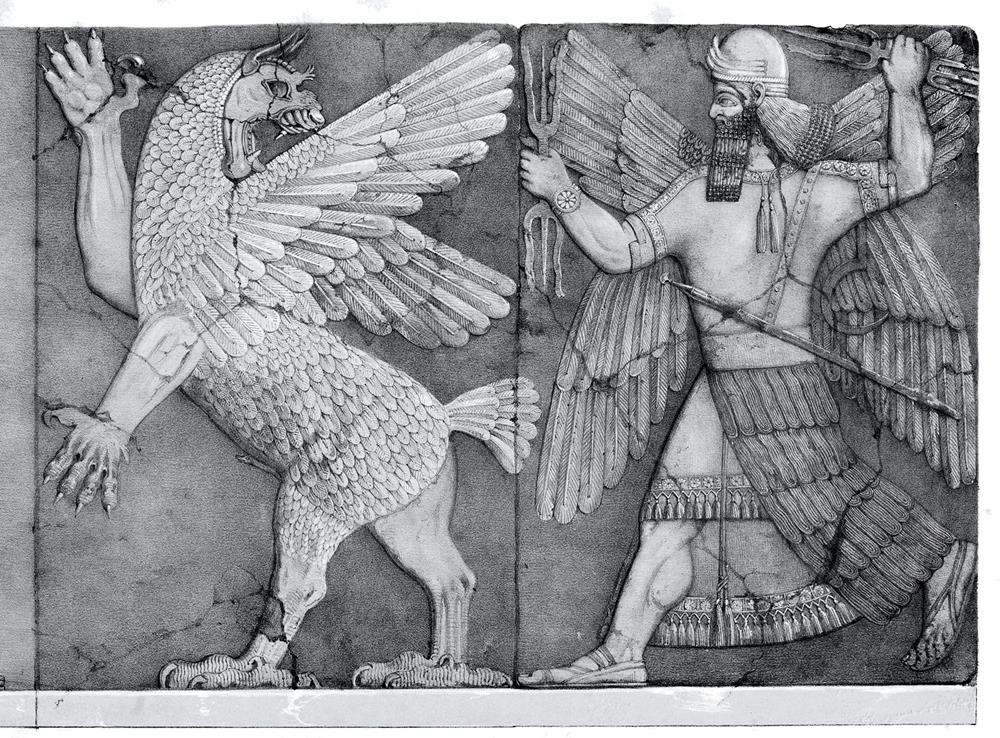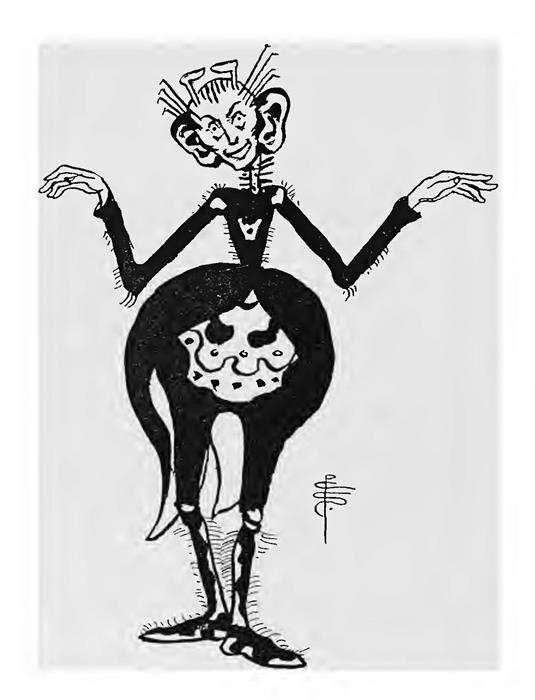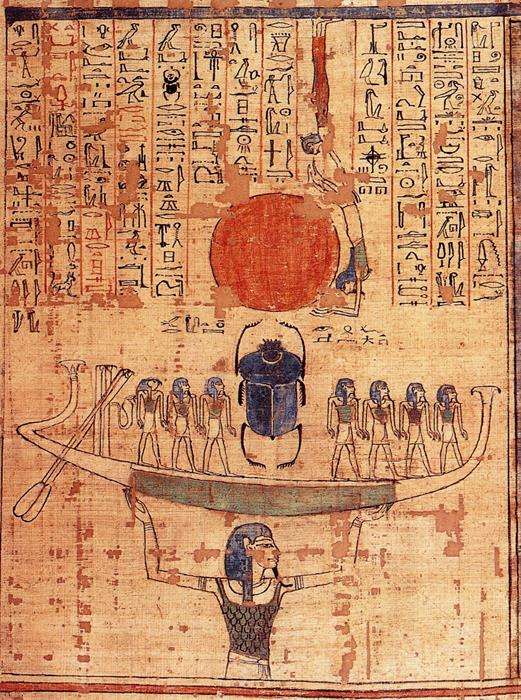Classic Stories for Children From the Ancient World

Throughout history, ancient civilizations have crafted enchanting stories filled with adventure, moral lessons, and fascinating characters. These tales, passed down through generations, offer young readers glimpses into the values and beliefs of early societies. Whether it's the daring feats of Greek heroes, the wisdom of Aesop's fables, or the magical tales from Egypt and Mesopotamia, these ancient stories continue to captivate and educate, reminding us of the enduring power of storytelling.
The Adventures of Hercules
Throughout the ages, the tales of Hercules have captivated young minds with their blend of bravery, strength, and adventure. Imagine initiating a quest alongside Hercules, a hero known for his extraordinary strength and heroic deeds. His adventures, known as Hercules' Labors, are legendary tasks that tested his might and wits, from slaying the Nemean Lion to capturing the Golden Hind.
As you plunge into these stories, you'll meet Hercules' Companions, loyal friends who stood by him during these incredible quests. They weren't just bystanders; they played essential roles in helping Hercules overcome insurmountable challenges. You'll feel the thrill of every battle, the intensity of every struggle, and the triumph of every victory.
Hercules' Strength wasn't just physical; it was also a reflection of his unyielding spirit and determination. These tales inspire you to believe in your own potential to overcome obstacles. Hercules' Legacy continues to live on, teaching lessons about courage, resilience, and the significance of friendship.

The Cleverness of Odysseus
While Hercules' feats showcased immense strength, the tales of Odysseus highlight a different kind of heroism—one rooted in cleverness and wit. Imagine yourself caught in the midst of the Trojan War, a seemingly endless conflict. Then comes Odysseus, a hero not with brute force but with a mind sharp as a blade. His most famous act of cunning is the creation of the Trojan horse, a masterstroke that brought the Greeks victory.
Picture the scene: the massive wooden horse left as a 'gift' to the Trojans. You'd likely marvel at the sight, just as the Trojans did. They couldn't foresee that inside the hollow structure lay Odysseus and his men, waiting for nightfall. The Trojans brought the horse into their city, sealing their fate. When darkness fell, Odysseus' cunning shone through. He and his soldiers emerged, opened the gates for the Greek army, and consequently, Troy fell.
Odysseus' cleverness didn't just end there. Throughout his expedition home, he continually used his wit to outsmart monsters and gods alike. His story teaches you that sometimes, brains triumph over brawn.
The Tale of Gilgamesh
The Tale of Gilgamesh invites you into one of the oldest stories ever told, a legend dating back to ancient Mesopotamia. This epic follows Gilgamesh, a powerful king whose adventures embody timeless lessons and heroic odysseys. You'll uncover how his epic friendship with Enkidu transforms him from a tyrant into a hero. Their bond is central to the story, highlighting themes of loyalty and personal growth.
Together, they initiate ancient quests that bring them face-to-face with mythical creatures like the ferocious Humbaba and the Bull of Heaven. These encounters are filled with divine intervention, as gods and goddesses play significant roles, reflecting the deeply ingrained Mesopotamian culture's beliefs in divine forces shaping human destiny.
As you read, you'll see how Gilgamesh's pursuit of immortal fame drives him to the ends of the Earth. His search for everlasting life is not merely a physical expedition but a profound exploration of human mortality and the desire to leave a lasting legacy.

The Legend of Romulus and Remus
As you leave behind the ancient adventures of Gilgamesh, another legendary tale awaits—one that traces the very origins of Rome. This is the story of Romulus and Remus, mythical twins whose destiny was to find one of the greatest cities in history.
Born to a vestal virgin named Rhea Silvia and the god Mars, Romulus and Remus were destined for greatness from the start. However, their early lives were fraught with danger. Abandoned by the river Tiber, they were uncovered by a nurturing she-wolf who raised them as her own. As you imagine these young boys growing strong in the wild, you can sense their future importance.
Once they reached adulthood, the twins decided to establish a new city. However, the decision of who would lead this new founding city sparked a bitter rivalry. Remus mocked Romulus's efforts to build a wall, and in a fit of rage, Romulus killed his brother. With a heavy heart, Romulus continued alone, naming the city Rome after himself.
Romulus and Remus's story is a powerful reminder of ambition, rivalry, and the complex bonds that tie families together.
The Trickery of Anansi
Amidst the vast tapestry of African folklore, Anansi the spider stands out with his clever tricks and cunning schemes. Anansi's web spun with precision, serves as a metaphor for the intricate tales he's woven through generations. These spider tales are filled with playful deception and cunning tricks, enchanting listeners young and old.
In one popular story, Anansi tricks other animals to gather food for him, only to reveal his true intentions later. Through such cunning tricks, Anansi's stories impart moral lessons, teaching children about the consequences of deceit and the value of wisdom. Each tale in the storytelling tradition showcases the cultural significance of Anansi, emphasizing creativity and resourcefulness.
African folklore, rich with these spider tales, highlights Anansi's role as both a trickster and a teacher. His playful deception often leads to humorous yet thought-provoking outcomes, making his stories timeless. When you listen to or read Anansi's web of stories, you're not just entertained; you're also learning significant life lessons woven into the fabric of African culture.

The Wisdom of King Solomon
Renowned for his unparalleled wisdom, King Solomon's stories have transcended time and geography, enchanting audiences with their profound insights. Solomon's Judgement, particularly the tale of the two mothers claiming the same baby, remains an iconic example of his legendary wisdom. Solomon's clever solution of proposing dividing the child in two revealed the true mother, showcasing his ability to see beyond the surface.
When you explore his Proverbs Wisdom, you encounter a wealth of practical advice and moral guidance. "A gentle answer turns away wrath, but a harsh word stirs up anger" and "Trust in the Lord with all your heart and lean not on your own understanding" are just a few pearls from his collection of proverbs that children can easily grasp and apply.
Solomon also entertained with Royal Riddles, challenging the minds of those around him. These riddles weren't just for amusement; they were designed to provoke thought and reflection, teaching valuable lessons through clever wordplay.
The Magic of Egyptian Myths
While King Solomon's wisdom offers timeless lessons, the enchanting world of Egyptian myths brings a different kind of magic to children's imaginations. Immerse yourself in the rich tapestry woven by Egyptian deities and explore tales that have fascinated generations. You'll encounter the mystical Anubis rituals, guiding souls in their passage through the afterlife, and the dramatic Osiris resurrection, symbolizing eternal life and rebirth.
Pharaohs' stories, recorded in hieroglyphic tales, reveal rulers who were more than mere mortals—they were gods on Earth. These stories are filled with mythical creatures like the Sphinx and the serpent Apep, adding layers of wonder and intrigue. Egyptian creation myths explain the origins of the world, often involving gods like Ra, who sailed across the sky, bringing light and life to the land.

The Fables of Aesop
Aesop's fables, often delivered in concise yet impactful narratives, have captivated young readers for centuries. These stories, rooted in fable origins that date back to ancient Greece, use animal characters to convey Aesop's morals, making complex ideas accessible and memorable for children. By employing simple yet effective storytelling techniques, Aesop manages to teach lessons that are not only educational but also entertaining.
You'll notice that each fable follows a clear narrative structure: a situation is presented, characters act according to their nature, and a moral resolution is drawn. This structure guarantees that the timeless relevance of these stories persists, allowing them to transcend cultural boundaries and remain pertinent across generations.
Aesop's fables are rich in cultural influences, reflecting the values and ethics of ancient societies while addressing universal themes like honesty, kindness, and wisdom. The use of animal characters, from cunning foxes to industrious ants, provides relatable archetypes that children can easily understand and learn from.
Conclusion
The classic stories from the ancient world offer a wealth of timeless wisdom, adventure, and moral lessons that continue to captivate young minds. From the heroic feats of Hercules and the cleverness of Odysseus to the trickery of Anansi and the wisdom of King Solomon, these tales not only entertain but also impart important virtues like courage, honesty, and responsibility.




